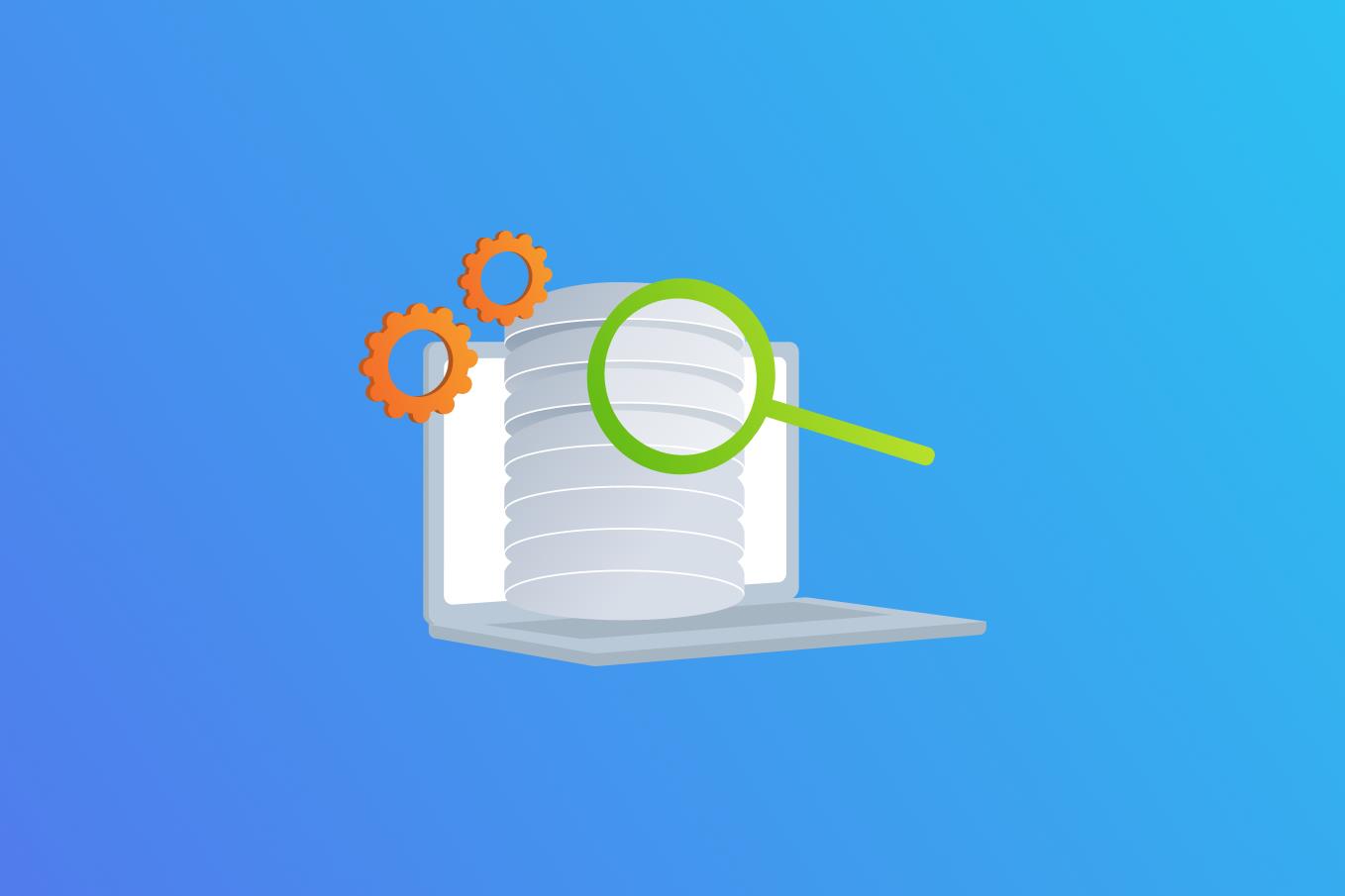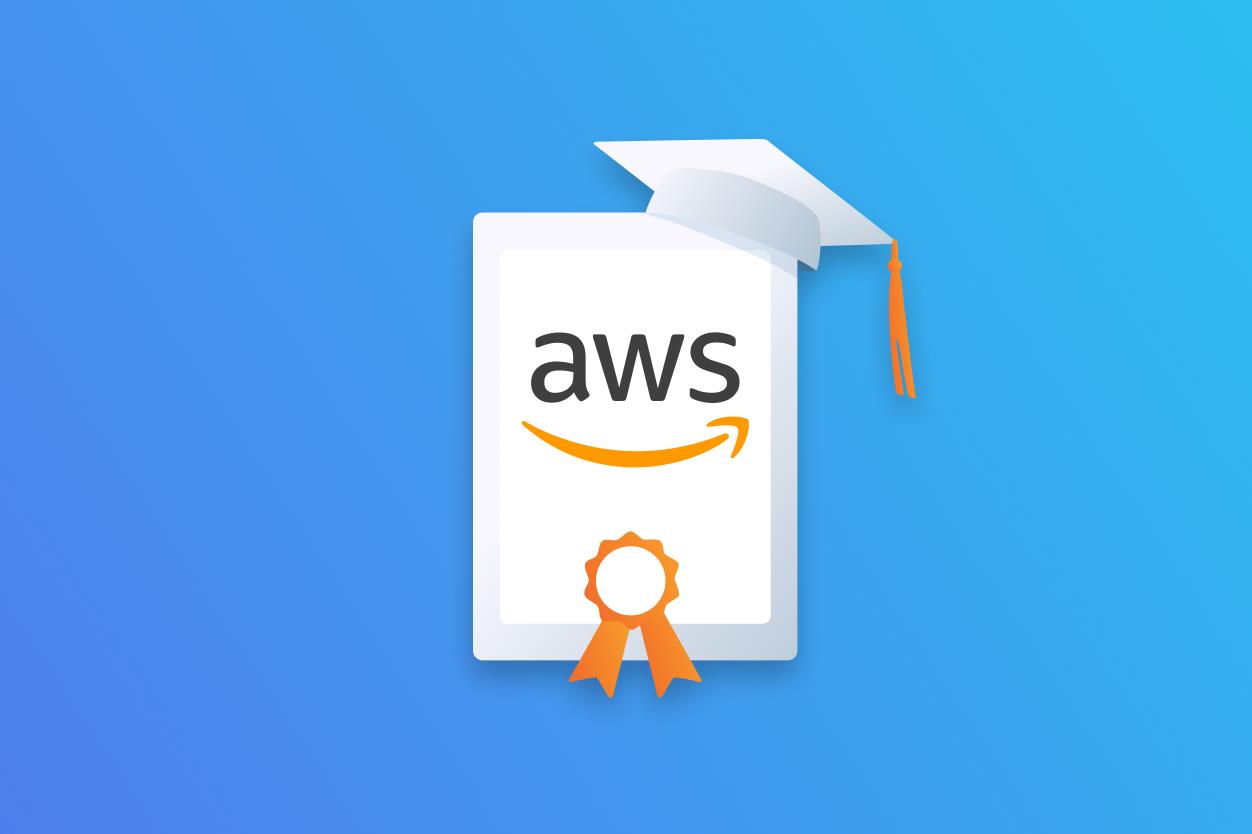We conducted a series of interviews with graduates of the EPAM training center in the Data Quality direction. They not only passed training at the EPAM laboratory but also received a long-awaited job offer in our company after their graduation. They told us what Data Quality is, why they chose this direction, what difficulties they faced during the training, and gave valuable recommendations for beginners.
You can read the previous interview here. Today we will talk to Anna Rudkovskaia, Data Quality Engineer at EPAM.
What is Data Quality?
We need data to solve business problems. Data is a basis to draw conclusions, build visualizations, monitor systems, and train machine learning models. Data Quality practices are required for all these processes to give the best possible result. I like the analogy with pipelines: if Water Quality did not exist, it’s scary to imagine what kind of tea we would all drink.
Why are Data Quality specialists needed, and what do they do?
- Analyze what data comes into the system and identify requirements for these data.
- Determine the criteria to evaluate data.
- Develop tools for automatic data validation.
- Sometimes, tell their customers that this is generally possible, necessary, and useful.
Why did you choose the Data Quality direction?
I got in Data Quality by accident. I signed up for the mixed Business Intelligence and Data Quality training, but I wanted to get to the Business Intelligence training. However, during my studies, I realized that I like the stack of technologies and tasks of the DQ engineer more.
Why did you choose the EPAM training center?
The training center provides an excellent opportunity to improve the knowledge and skills you need for a junior position for free. Also, I liked the idea of getting into the work environment with minimum stress. The EPAM Training Center provided everything and even more.
What knowledge and skills did you have before studying at the training center?
I studied at the Polytechnic University as a systems analyst. Most of my background knowledge is SQL. I was a little familiar with Linux and C++ programming.
How is the training course on Data Quality going?
The training has an online format and is conducted on the EPAM training portal. The training program includes the skills required to get started: Python, SQL, Linux, the basics of Quality Assurance, and an introduction to Data Quality. In the laboratory, each student is assigned a mentor who helps with learning, answers questions, and gives feedback.
What hard and soft skills did you acquire during the training?
Hard skills are listed in the paragraph above: some knowledge I gained from scratch, some of it I only improved. Among soft skills, I learned how to search for solutions, formulate questions, and communicate with colleagues. Also, at the training center, I went through training on teamwork and interviewing.
What difficulties did you encounter during the training, and how did you cope with them?
The most significant difficulty is my laziness. I managed to deal with it by realizing why I am studying: the desire to become a high-demand specialist and join the IT world.
What is your current project at EPAM, and what are your responsibilities?
I am working on a large project for a European telecommunications company. Our task as engineers is to validate every step through which data passes. To do this, we develop and maintain tools and scripts, particularly Big Data technologies.
What prospects does a junior Data Quality specialist have at EPAM?
In my opinion, their prospects are excellent: there are many diverse projects, and their number is growing. Furthermore, training programs are actively developed and improved, so there is always an opportunity to obtain skills and experience relevant for a DQ engineer.
If you want to study the promising direction of Data Quality and, upon successful completion of training, join EPAM, then register for our free training.


_01260851.png)


_01115712.png)
_01104686.png)

_01124790.png)